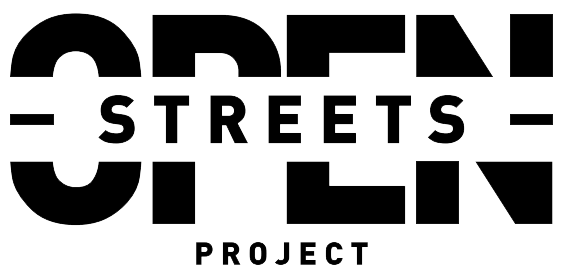Measuring Success
An evaluation strategy is an important aspect of a best practice Open Streets program. It is something that takes careful thought and planning so it should be created upfront.
Here are four critical reasons why evaluation is so important:
- You can use the results of your evaluation to guide improvements in your program.
- The results can demonstrate the effectiveness of your program, showing why it is valuable and why it should continue, grow and expand.
- Funders often require robust evaluation plans before going forward and/or if you are trying to attract new funders, having solid evidence of your success is critical.
- You can contribute to a global body of knowledge, which is important to drive policy related change.
In fact, when building your team it may be useful to find a person or group who has a particular expertise in evaluation. An evaluation partner can take on specific tasks, lessening your workload, and they can also assist in providing a more objective third-party perspective.
When looking for an evaluation partner, you might consider someone from a local college or university—perhaps an urban planning, public health, or recreation program/department.
To assist you in designing your evaluation strategy, please use the following tool:
The Open Streets Initiatives: Measuring SuccessThe Open Streets Initiatives: Measuring Success toolkit provides cities, bicycle/pedestrian agencies, academics, and others interested in measuring the success of Open Streets initiatives, a framework for capturing physical activity, participant counts, business buy-in, and other relevant measures.
Evaluation has been lacking in many initiatives, making comparisons and lessons learned difficult to establish. Drs. Hipp and Eyler, funded by Active Living Research, evaluated eight Open Streets in the St. Louis, MO, region and have developed a toolkit for measuring the success of Open Streets initiatives.



